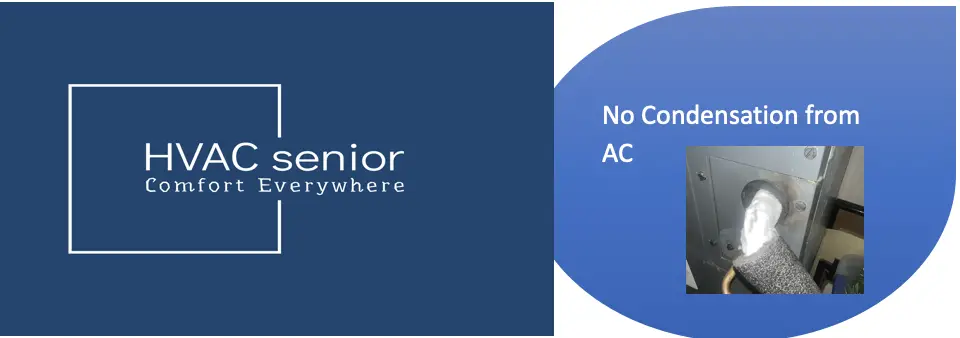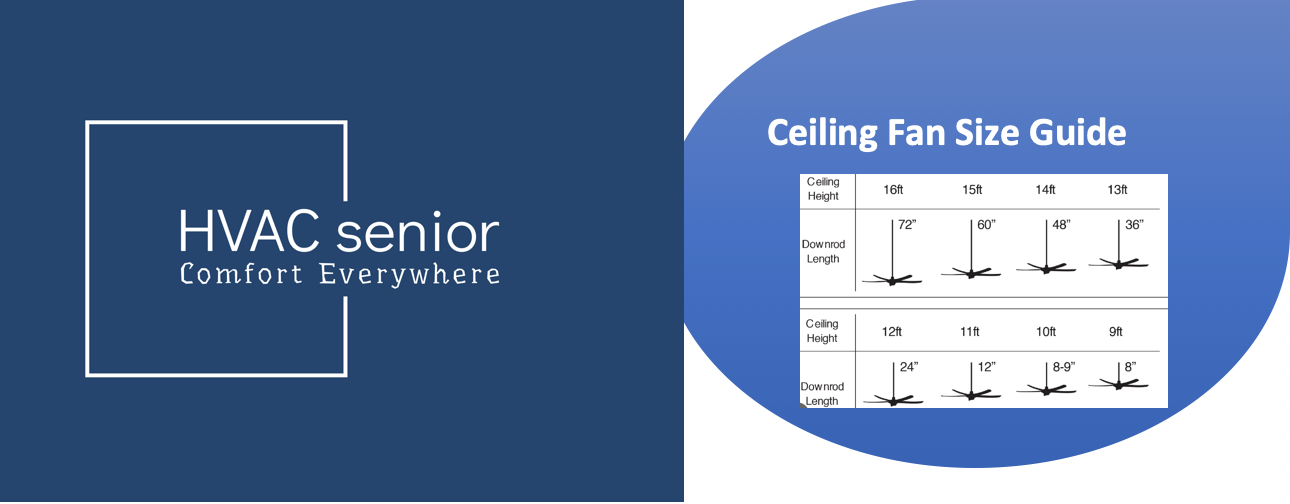When summer hits, there’s nothing quite like the bliss of stepping into a cool, air-conditioned room. It’s the sweet relief from the sweltering heat outside. But let’s talk about a hidden nightmare lurking in the comfort of that cool oasis: your air conditioning unit turning into a condensation factory.
You see, those puddles forming under your unit are not just an annoying mess; they’re a signal of bigger problems waiting to happen.
These leaks can lead to costly damage, extensive repairs, and a heap of headaches that no homeowner wants to deal with.
If you’re ready to put an end to this condensation chaos, then listen closely—I’m about to share some invaluable insights.
Understanding the Problem
So, what causes this pesky condensation in the first place? It’s simple—it all boils down to humidity. When warm, humid air collides with the cold surface of your air conditioning unit, you’re left with water droplets forming faster than you can say “indoor waterfall.”
This is more than just an inconvenience; it’s a recipe for disaster. Left unchecked, condensation can lead to mold growth, structural damage, and even serious health issues that could impact you and your loved ones.
Also read: Air Conditioner Squeaking.
Common Problems Associated with AC Condensation
1.Clogged Drain Line
Let’s talk about one of the most common culprits behind those frustrating condensation issues: the clogged drain line. You might not think much about it, but this unassuming component plays a crucial role in keeping your AC running smoothly.
When the drain line gets clogged, it can cause water to back up and leak from your unit creating not just a mess but also a potential breeding ground for mold and costly repairs.
This is a problem that many homeowners overlook, yet it can lead to significant headaches down the line. So, if you want to keep your air conditioning system functioning at its best and avoid the pitfalls of condensation, it’s time to pay attention to that drain line. Don’t let a simple clog turn into a major disaster!
2.Dirty Air Filters
Let’s shine a spotlight on another major player in the condensation game: dirty air filters. When your air filters are clogged with dust and debris, airflow gets restricted.
This means your AC has to work harder than it should lowering its efficiency and increasing the likelihood of condensation forming.
If you want to keep your system running smoothly and avoid the dreaded puddles, don’t underestimate the importance of regular filter maintenance.
3.Low Refrigerant Levels
Now, let’s talk about refrigerant. If your AC is running low on this vital fluid, it’s not just a minor inconvenience; it’s a recipe for disaster. Low refrigerant levels can lead to decreased cooling efficiency and an alarming increase in condensation on the coils.
This means your unit is working overtime, wasting energy, and setting you up for costly repairs down the line. Don’t let low refrigerant levels sneak up on you stay vigilant and keep an eye on your system!
4.Improper Installation
Finally, let’s address a critical factor that’s often overlooked: improper installation. An incorrectly installed AC unit can lead to a whole host of problems improper drainage, airflow issues, and yes, excess condensation.
This isn’t just about comfort; it’s about the longevity of your system and the integrity of your home. If your AC wasn’t installed correctly, you’re inviting condensation problems into your life. So, if you suspect your installation wasn’t done right, don’t wait get it checked by a professional.
How to Prevent and Fix Condensation.
Now that you’ve got a firm grip on the problems associated with condensation, let’s roll up our sleeves and dive into the actionable steps you can take to prevent condensation from turning into a headache.
1.Regular Maintenance is Key
Don’t wait for problems to rear their ugly heads. Schedule routine maintenance checks for your AC unit. A professional can clean coils, check refrigerant levels, and ensure everything is running smoothly. This is your first line of defence against condensation chaos!
2.Check and Clear the Drain Line
let’s talk about that often-overlooked drain line. Clogged drain lines can lead to water backup and, you guessed it, condensation. Regularly inspect and clear your AC’s condensate drain line. You can use a wet/dry vacuum or a plumber’s snake to remove any blockages. Keep that line clear, and you’ll save yourself a world of trouble.
3.Change Air Filters Regularly
how often do you think about your air filters? If they’re dirty, airflow is restricted, leading to inefficiency and, you guessed it, more condensation. Make it a habit to replace or clean your air filters every 1-3 months. This small step keeps airflow optimal and your AC running like a dream.
4.Monitor Refrigerant Levels
Low refrigerant levels? Not good news! If your AC is low on refrigerant, it hinders cooling and increases condensation. Have a professional check and refill the refrigerant as necessary. If you notice low levels frequently, it’s time to investigate a potential leak. Don’t let this slip through the cracks!
5.Ensure Proper Installation
Was your AC installed correctly? An improperly installed unit can cause drainage issues and lead to excess condensation. If you suspect installation problems, don’t hesitate—consult a professional HVAC technician to evaluate and correct the installation. Your comfort depends on it!
6.Humidity Control
High humidity is your enemy in the battle against condensation. If your home tends to be humid, consider investing in a dehumidifier. Keeping humidity levels in check helps your AC work more effectively and keeps that condensation at bay.
7.Upgrade Your System
If your AC is older, it may not be equipped to manage condensation effectively. Consider upgrading to a newer, energy-efficient model designed to minimize condensation issues. This investment not only enhances your comfort but can save you money in the long run.
8.Call to Action
Don’t let condensation rain on your summer parade! By taking these simple steps, you can enjoy a cool, dry home without the stress of water damage. If you’re unsure where to start, reach out to a local HVAC professional today. They can provide expert guidance tailored to your home’s needs.
Also read: Portable Air Conditioner Spitting Out Water.
Frequently Asked Questions (FAQs)
1. What causes condensation in my air conditioning unit?
Condensation in your AC unit is primarily caused by humidity. When warm, humid air meets the cold surfaces of your AC unit, it results in water droplets forming, leading to condensation. This can be exacerbated by clogged drain lines, dirty air filters, and low refrigerant levels.
2. How can I tell if my AC drain line is clogged?
Signs of a clogged drain line include water pooling around the AC unit, reduced cooling efficiency, and strange noises coming from the unit. If you notice any of these issues, it’s important to inspect and clear the drain line as soon as possible.
3. How often should I change my air filters?
It’s recommended to replace or clean your air filters every 1-3 months, depending on usage and the type of filter. Regularly changing filters ensures optimal airflow and efficiency, helping to prevent condensation.
4. Can low refrigerant levels cause condensation?
Yes, low refrigerant levels can hinder your AC’s cooling capacity and increase condensation on the coils. If you suspect low refrigerant, it’s essential to have a professional check for leaks and refill the refrigerant as necessary.
5. What are the signs of improper AC installation?
Signs of improper installation may include excessive condensation, poor airflow, strange noises, and frequent breakdowns. If you suspect that your unit was installed incorrectly, consult a professional HVAC technician to assess the situation.
6. How can I control humidity levels in my home?
To control humidity, consider using a dehumidifier, especially in areas prone to moisture. Additionally, ensure proper ventilation in your home and use exhaust fans in kitchens and bathrooms to help reduce humidity.
7. Should I upgrade my AC system if it’s older?
If your AC unit is older and frequently experiencing condensation issues, it may be time to consider upgrading to a newer, energy-efficient model. Modern systems are designed to manage humidity more effectively and can lead to long-term savings on energy bills.
8. How can regular maintenance help prevent condensation?
Routine maintenance helps keep your AC unit in top condition. A professional can clean coils, check refrigerant levels, and inspect drainage systems, all of which are crucial for preventing condensation and ensuring efficient operation.
9. What should I do if I find mold from condensation?
If you discover mold due to condensation, it’s important to address it immediately. Clean the affected areas with mold-killing solutions and consider consulting a professional for more extensive mold remediation. Additionally, identify and fix the underlying cause of condensation to prevent future issues.
10. How do I know if I need professional help with my AC?
If you notice persistent condensation, reduced cooling efficiency, unusual noises, or if you feel uncomfortable diagnosing the issue yourself, it’s best to consult a professional HVAC technician. They can provide a thorough assessment and recommend appropriate solutions.
Conclusion
In conclusion, tackling condensation issues in your air conditioning system isn’t just about keeping your home comfortable; it’s about safeguarding your investment and ensuring the health of your living environment.
By understanding the root causes—whether it’s clogged drain lines, dirty filters, low refrigerant levels, or improper installation—you can take proactive measures to prevent headaches down the line.
Remember, regular maintenance is your best friend. A little vigilance goes a long way in ensuring your AC operates efficiently and effectively.
Don’t let condensation rain on your summer parade! Take action now to keep your space cool, dry, and mold-free. Whether it’s scheduling a maintenance check, upgrading to a more efficient system, or simply changing those filters regularly, every step you take today will pay off tomorrow.
So, embrace the coolness and keep that condensation at bay! Your comfort and peace of mind depend on it.






